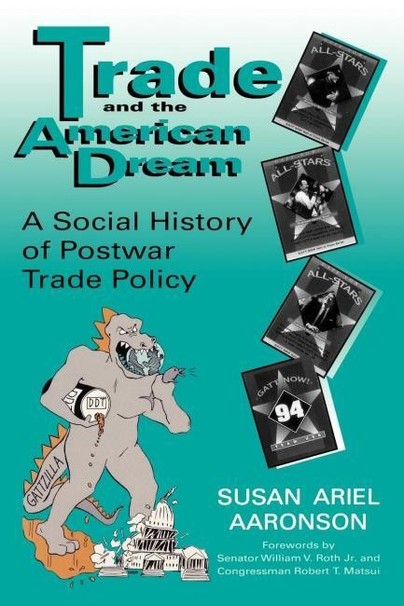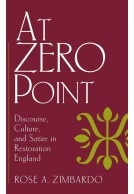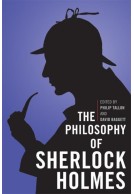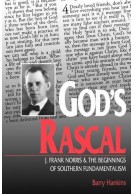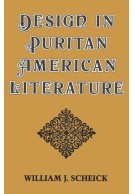Google Books previews are unavailable because you have chosen to turn off third party cookies for enhanced content. Visit our cookies page to review your cookie settings.
Trade and the American Dream (Paperback)
A Social History of Postwar Trade Policy
Imprint: University Press of Kentucky
Pages: 264
Illustrations: 16 illustrations, 1 figure, 10 tables
ISBN: 9780813108742
Published: 21st March 1996
Script Academic & Professional
Pages: 264
Illustrations: 16 illustrations, 1 figure, 10 tables
ISBN: 9780813108742
Published: 21st March 1996
Script Academic & Professional
This book will be reprinted and your order will be released in due course.
You'll be £23.00 closer to your next £10.00 credit when you purchase Trade and the American Dream. What's this?
+£4.99 UK Delivery or free UK delivery if order is over £40
(click here for international delivery rates)
Need a currency converter? Check XE.com for live rates
(click here for international delivery rates)
Need a currency converter? Check XE.com for live rates
Every hour of every day Americans see, smell, taste, or hear goods and services traded between the United States and other nations. Trade issues are front-page news but most Americans know little about the potential impact of global economic interdependence on their jobs, standard of living, and quality of life.
In Trade and the American Dream, Susan Aaronson highlights a previously ignored dimension of the United States trade policy: public understanding. Focusing on the debate over the three mechanisms designed to govern world trade -- the International Trade Organization (ITO), the General Agreement on Tarriffs and Trade (GATT), and the World Trade Organization (WTO) -- she examines how policymakers communicate and how the public comprehends trade policy.
Since 1947 the U.S. has led global efforts to free trade, and support for freer trade policies and for an international organization to govern world trade has become dogma among policymakers, business leaders, and economists. Relaying on archival research, polling data, public documents, interviews, and Congressional testimony, Aaronson shows that the public also matters in trade policy decisions. If concerns about the implications of economic interdependence remain unaddressed, American trade policy and an international trade organization are vulnerable to a surge of populism and isolationism.
While Americans became addicted to imported cars, radios, computers, and appliances, a growing number saw the costs of freer trade policies in the nation's slums, poverty statistics, crime rate, and unemployment figures. Concerns about freer trade policies reached a crescendo in the mid-1990s, especially as Congress debated U.S. participation in the North American Free Trade Agreement (NAFTA). Aaronson suggests ways to create greater public understanding for the GATT/WTO and international trade. If national trade policy is to play in Peoria, Americans must first understand it.
Other titles in University Press of Kentucky...







